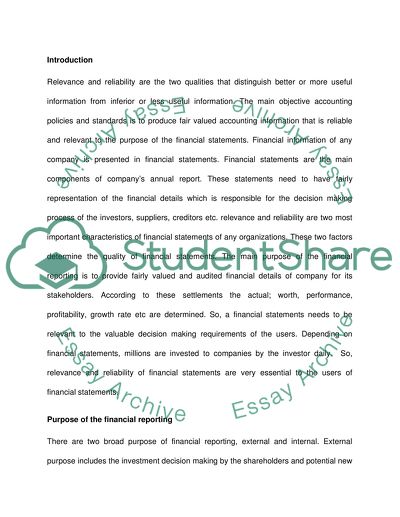Cite this document
(“Financial Accounting. Relevance and Reliability Dissertation”, n.d.)
Financial Accounting. Relevance and Reliability Dissertation. Retrieved from https://studentshare.org/finance-accounting/1453273-financial-accounting-explain-and-critically
Financial Accounting. Relevance and Reliability Dissertation. Retrieved from https://studentshare.org/finance-accounting/1453273-financial-accounting-explain-and-critically
(Financial Accounting. Relevance and Reliability Dissertation)
Financial Accounting. Relevance and Reliability Dissertation. https://studentshare.org/finance-accounting/1453273-financial-accounting-explain-and-critically.
Financial Accounting. Relevance and Reliability Dissertation. https://studentshare.org/finance-accounting/1453273-financial-accounting-explain-and-critically.
“Financial Accounting. Relevance and Reliability Dissertation”, n.d. https://studentshare.org/finance-accounting/1453273-financial-accounting-explain-and-critically.


